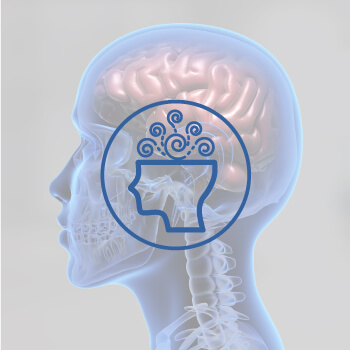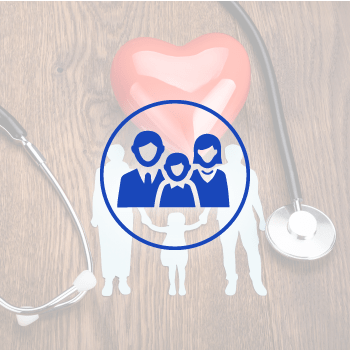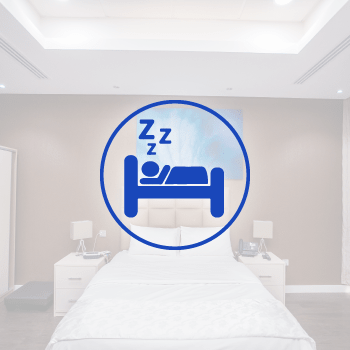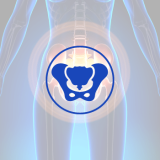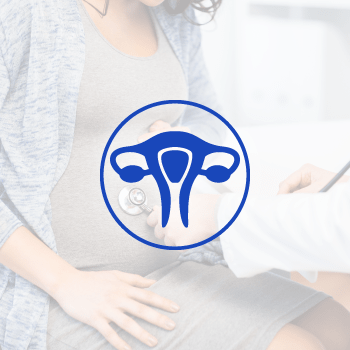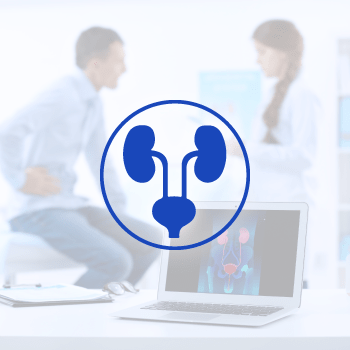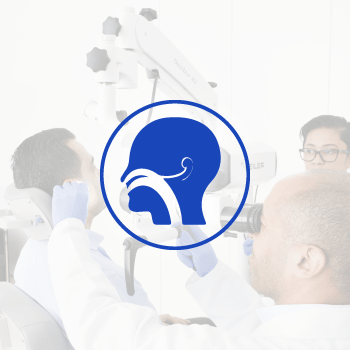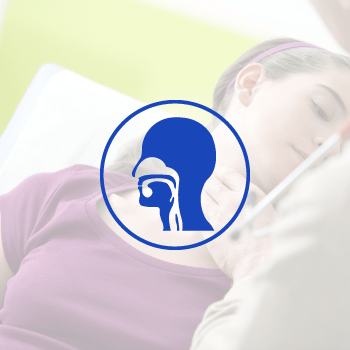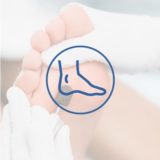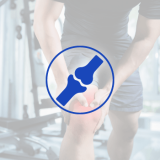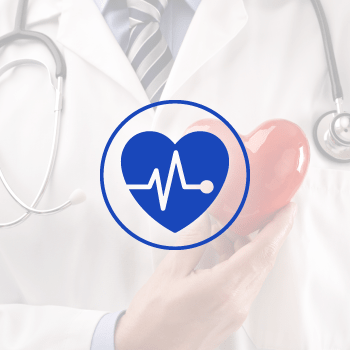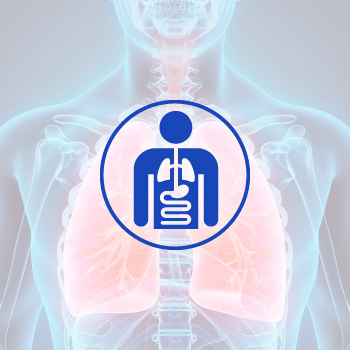Varicose veins are large, swollen veins that often appear on the legs and feet. They happen when the valves in the veins do not work properly, so the blood does not flow effectively.
They are a common medical condition and rarely need treatment for health reasons. However, they can cause discomfort, swelling, aching, painful legs and sometimes lead to more serious complications.
- Causes
- Symptoms
- Complications
- Treatment
Varicose veins occur when the veins become weakened or damaged, causing blood to pool in the veins. The causes of this aren’t always obvious. Some factors that contribute to their development include:
- Hereditary (family history)
- Aging
- Hormonal changes (pregnancy, menopause, or the use of birth control pills etc.)
- Obesity
- Prolonged sitting or standing
- Sedentary life style
- Smoking
- History of blood clots
Typical symptoms include:
- Leg pain and aches
- Heavy or tired legs
- Swelling in ankles and feet
- Itching around affected veins
- Twisted, bulging veins (typically in the legs)
- Leg cramps
- Restless legs syndrome
- Skin color changes around the veins or in distal leg
Some of the complications are:
- Skin ulcers (open sores)
- Deep Vein Thrombosis (DVT) and other blood clots (thrombophlebitis)
- Bleeding from damaged veins
Varicose veins are treated in different ways starting with lifestyle changes and tailoring interventional treatments.
- Lifestyle changes, including exercise and leg elevation
- Use of compression stockings to improve blood flow
In severe cases, a varicose vein may rupture, or develop into varicose ulcers on the skin. These will require medical intervention.
- Procedures, which may include:
- Sclerotherapy (injecting a solution to close off veins)
- Microphlebectomy
- Superficial Laser Therapy
- EVLT (Endovenous LASER Treatment)
- Radiofrequency closure
- Glue closure of the vein
- Classic Stripping procedure
Stages of Varicose Veins
Varicose veins can progress through different stages, with each stage indicating the severity and extent of the condition. Some of the typical stages of varicose veins are:
- Spider Veins
- Reticular Varicose Veins
- Trunkal Varicose Veins
- Chronic Venous Insufficiency (CVI)
- Trophic Ulcer (Venous Ulcer)
Spider veins, also known as telangiectasia, are small, visible blood vessels that appear near the surface of the skin. They are typically red, blue, or purple in color and resemble a spider’s web or tree branches.
Spider veins are commonly found on the legs and face, and while they are usually harmless, they can be cosmetically undesirable for some individuals.
Reticular veins are larger than spider veins but smaller than typical varicose veins. They are blue or greenish in color and are located just beneath the surface of the skin.
They may not be as visibly prominent as varicose veins, they are a sign of venous insufficiency and can cause discomfort or cosmetic concerns.
Varicose veins trunk refers to the main or primary varicose vein in a network of veins. It is typically the largest and most prominent vein in a varicose vein cluster. Usually involve or tributary of the main incompetent venous system.
Chronic Venous Insufficiency is a condition in which the veins in the legs fail to adequately return blood to the heart. It is often caused by damaged or weakened valves in the veins, leading to blood pooling in the legs.
Symptoms can include leg pain, swelling, heaviness, and skin changes.
Trophic ulcer is an open sore or wound that typically occurs on the lower legs or ankles. It is a complication of chronic venous insufficiency and is often challenging to heal.
Venous ulcers can be painful and have chances to become infected.
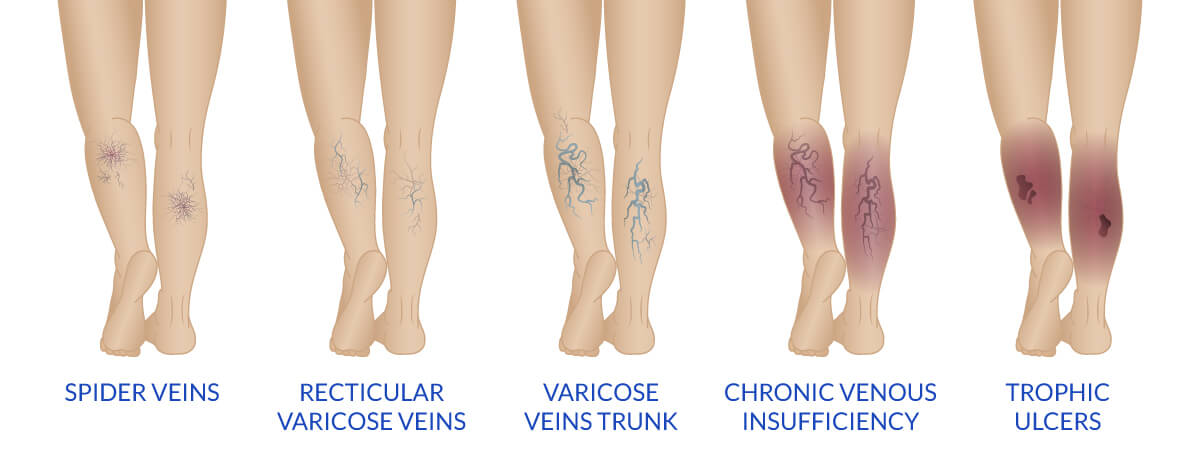
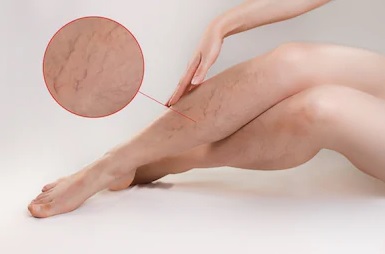
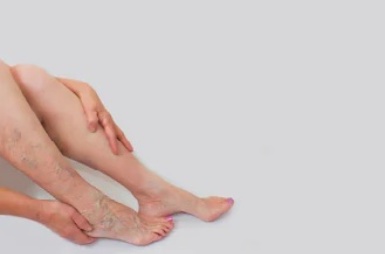

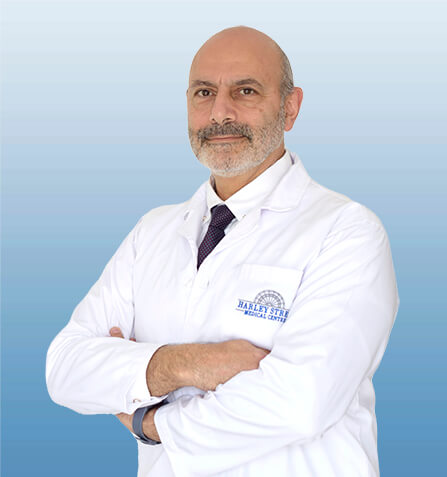
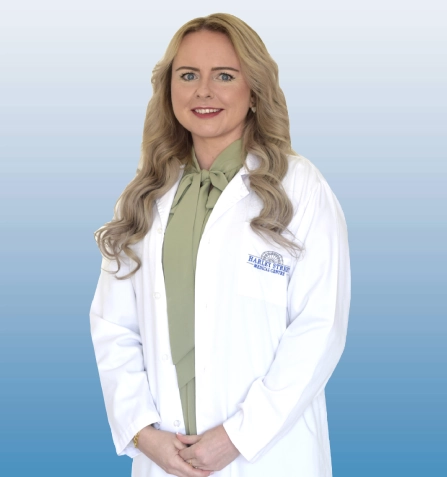
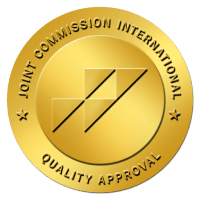
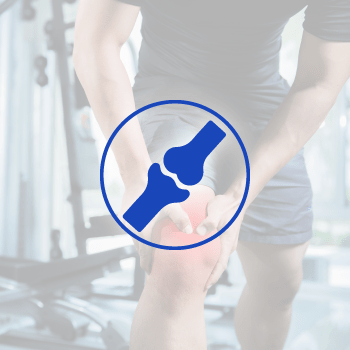 أنقر هنا
أنقر هنا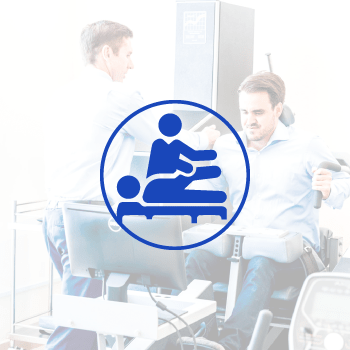 أنقر هنا
أنقر هنا
